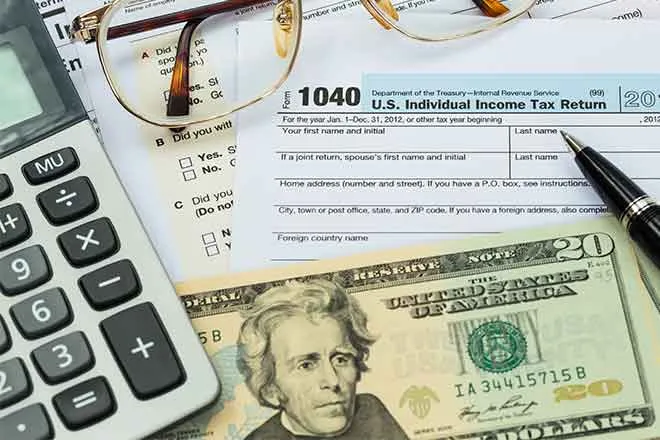
Fifth Circuit upholds preliminary injunction blocking federal employee COVID-19 vaccine mandate
(The Center Square) – A Fifth Circuit Court of Appeals ruling blocking President Joe Biden’s September 2021 executive order requiring federal employees and contractors to get the COVID-19 vaccine or lose their jobs continues to give reprieve to 8,500 federal workers including thousands of U.S. Border Patrol agents.
The ruling is significant because a full circuit court rarely overturns its own circuit court’s panel ruling.
The full 17-member Fifth Circuit Court en banc overturned a ruling March 23 by a Fifth Circuit panel of three judges. En banc review is rarely granted and varies by judicial district, the Fordham Law Review explained. Because en banc rehearings are so rare and aren’t favored “and ordinarily will not be ordered,” Cornell Law School argues that when they are granted, they are done because of “a question of exceptional importance.”
Feds for Medical Freedom, a non-profit representing more than 8,500 federal workers who refused to get the shots or disclose their vaccination status, as well as other plaintiffs, sued the president and several cabinet members in December 2021. They sought a preliminary and permanent injunction from “enforcing or implementing the Federal Employee Mandate and the Contractor Mandate.”
Judge Jeffrey Vincent Brown with the U.S. District Court for the Southern District of Texas granted their request in January 2022. He argued the mandate posed a substantial threat of irreparable harm over the “liberty interests of employees who must choose between violating a mandate of doubtful validity or consenting to an unwanted medical procedure that cannot be undone.”
The federal government appealed to the Fifth Circuit Court of Appeals whose three-judge panel ruled Brown didn’t have jurisdiction to block the mandate and administrative remedies weren’t exhausted because claims weren’t filed through the Civil Service Reform Act of 1978.
The plaintiffs asked for the full 17-member court to hear the case, which it did.
The majority of the full court rejected the federal government’s argument that federal district courts don’t have jurisdiction over the president’s executive order, overturned the panel’s decision, and upheld Brown’s ruling.
March 23, Judge Andrew Oldham, writing for the 10-member majority, said, “As noted, the panel limited its decision to jurisdiction. Finding that we have jurisdiction, we review the district court’s decision regarding the other factors necessary for a preliminary injunction for abuse of discretion…
“A plaintiff seeking a preliminary injunction must establish that he is likely to succeed on the merits, that he is likely to suffer irreparable harm in the absence of preliminary relief, that the balance of equities tips in his favor, and that an injunction is in the public interest. The district court carefully considered these factors and wrote a thorough opinion explaining its decision to grant preliminary relief. After carefully considering the district court’s opinion and the Government’s criticisms of it, we are unpersuaded that the district court abused its discretion. And we need not repeat the district court’s reasoning, with which we substantially agree.”
In response to the ruling, Feds for Med Freedom President Marcus Thornton said in a statement, "Our members have always argued that federal law does not permit the federal government to force federal workers – or any law-abiding citizen – to inject their bodies with something against their will.
“In fact, the freedom to control your own body and your own medical information is so basic that, without those liberties, it is impossible to truly be 'free' at all. It was incredibly vindicating to hear the court echo those arguments and to draw clear limits around federal authority as it relates to forced vaccinations and medical freedoms.”
He also said that since the vaccine mandate was issued, federal employees and contractors who refused to get the shots were “subjected to workplace harassment, ridicule, demotion, and termination” and the court’s ruling “demonstrates that treatment was not only unprofessional and immoral, but premised on an illegal Executive Order.”
The group is also planning on filing new lawsuits in federal court, alleging violations of the Religious Freedom Restoration Act and the U.S. Constitution. “Many in the government overstepped their legal bounds, and we are going to hold them accountable,” it said.
















